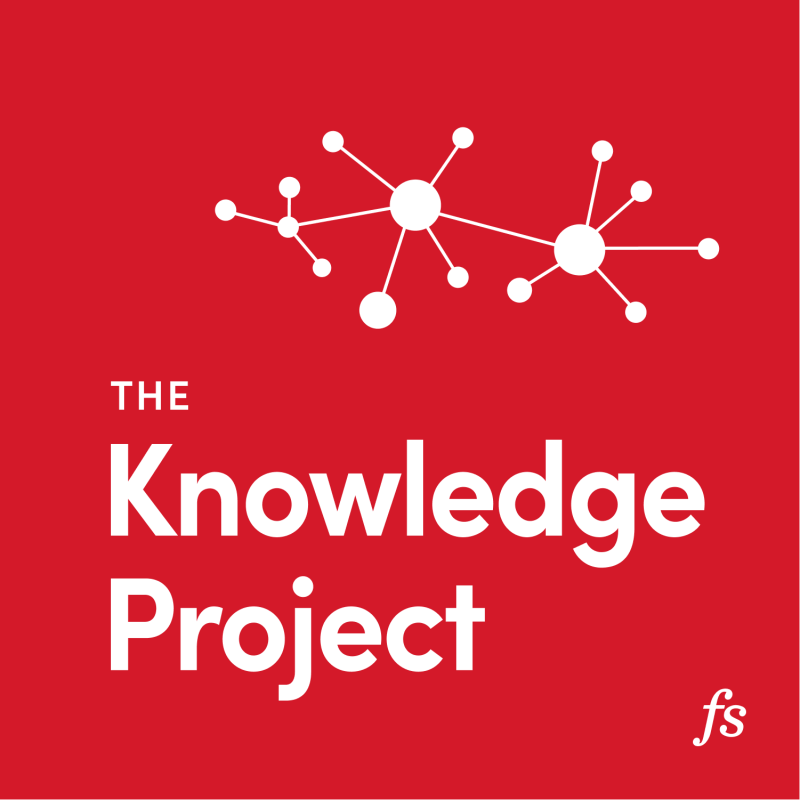Surgeon and bestselling author Atul Gawande reveals why even the smartest people fail when the stakes are highest.
Learn how your doctor is no different from a pilot—or even you—when it comes to mistakes. From the power of checklists to why the best coaches aren’t always the best players, Gawande explains why success isn’t about avoiding errors, but mastering them.
If you’re serious about improving in life or work, this will change how you see your biggest mistakes forever
Listen on: Apple Podcasts | Spotify | Transcript
Here are a few highlights from our conversation:
I like having a lot of irons in the fire. I like being a jack of all trades and finding the edges between things is often where I have something to add. [My ideas] come from digging in deep enough to understand the gap between what we’re aspiring for and the reality of what we’re doing and then trying to figure out where the bridge is to narrow that wide gap.
When we all have a piece of care or a piece of a problem, very often none of us can actually see what the outcome is and the owner can’t see the function of the system. So then you start finding things like data really matter.
We’ve been fantastic at breakthrough innovation and we’ve had no real understanding of follow-through innovation. I think it’s partly that the follow through innovation can seem like it’s only about nuts and bolts, instead of about recognizing that there are ways that you can actually influence and have control, some degree of control, with regard to the world around you.
For most of human history, for like 99.99% of it, our world was governed largely by ignorance. We did not know the diseases that could afflict the human body or understand them, let alone what to do about them. We didn’t understand how societies rose and fell. We didn’t understand how economics worked, even in the most basic components.
Even if we were to come to a complete understanding of all the laws of the universe, we won’t be able to understand all of the interconnections and all of the particularities and how they all interconnect. We’re always making our best prediction and effort to be able to drive that, and so grappling, something about that is deeply human.
The pedagogical theory is you go to Julliard, you get your 10,000 hours of practice with the violin, and you then head out into the world and you’re responsible for the rest of your self-improvement along the way. That model is the primary one in professional life, most musicians, in medicine, in teaching, in business. The other model is mostly out of sports and that’s the coaching model, and that says, I don’t care if you’re Roger Federer, you will have blind spots when it comes to your own improvement and you need a coach. Over time I think what we’ve been learning is the coaching model beats the teaching model, and has significant advantages.
The fact of rising health care costs is not the problem. What is the problem is, how much of the costs are rising that are not actually connected in any way to value?
I’m ruthless about prioritization. I just try to do no more than a couple of things at a time. I may do something different in a couple of months so it can make it seem like I’m doing a million things at once, but I’m not actually. I’m only doing one thing at a time.
* This interview was recorded in May 2018.

